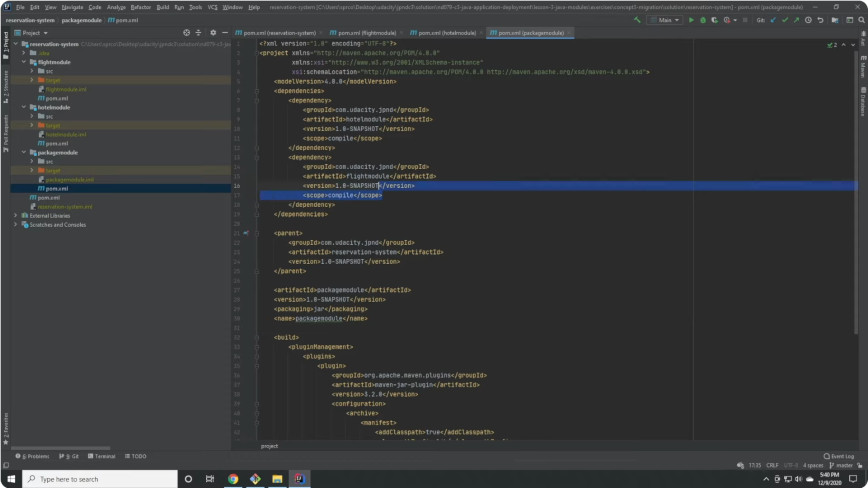

Java
Hibernate
Maven
Axis 2
IBM DB2

Our client is an international paper producing holding with HQ in Austria.
The aging Java version posed a growing challenge in terms of maintenance and development with each successive Java release. Consequently, our project encompassed an extensive migration endeavor, shifting the foundational codebase of the industrial ERP system from Java 6 to Java 17. This ambitious undertaking aimed to usher the development environment into more recent days, aligning it with contemporary industry practices and technological advancements. By embracing the latest Java version, we sought to enhance the system's compatibility, performance, and overall resilience, positioning it for long-term success.
While the migration journey presented its set of challenges, including code compatibility issues and adaptation to newer Java features, the effort promised significant benefits. Our most proficient programmer, operating as a solitary coding expert, undertook the challenge and single-handedly performed the upgrade, utilizing technologies such as Hibernate, Axis2, Maven, and, naturally, Java. Transitioning to Java 17 allowed us to leverage the latest language enhancements, improved security features, and enhanced performance optimizations. Additionally, it ensured the ERP system's longevity by aligning it with current industry standards.
As the project progressed, we witnessed the transformative power of modernizing the ERP's codebase. This migration represented a critical step in future-proofing the system, ensuring it remains adaptable and resilient in a rapidly evolving tech landscape. By embracing Java 17, we positioned the ERP to not only meet its current needs but also to confidently navigate the future of industrial software development.